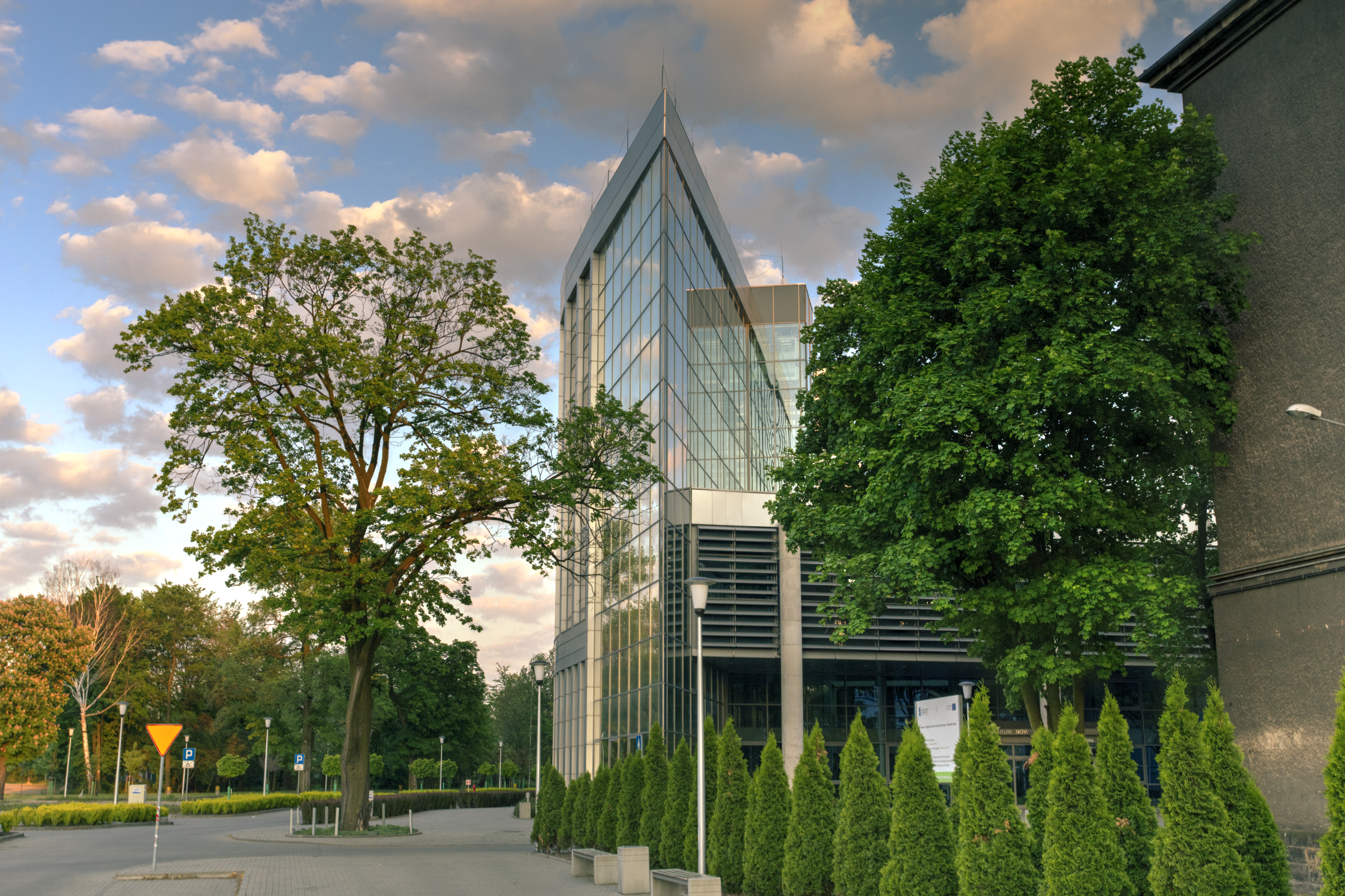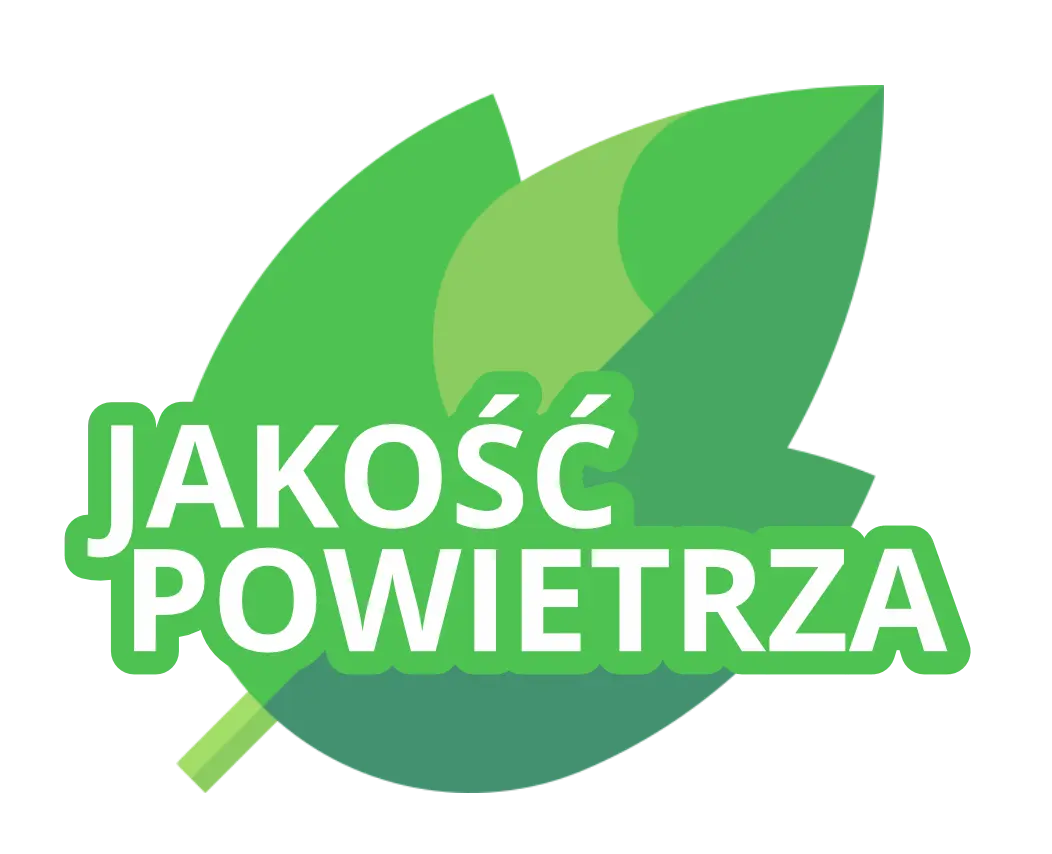
Besides attractive conditions fostering business development, investment facilities, and state-of-the-art infrastructure, the city attracts Polish and foreign companies thanks to its human potential. Gliwice-based schools provide their students with a wide and diversified educational offer, and the city authorities spare no expenses for young Gliwice residents to study in comfortable conditions – schools are renovated and administer state-of-the-art sports facilities.
One of Poland’s best technical universities, Silesian University of Technology, founded in 1945, operates in Gliwice. It consists of 13 faculties, 2 colleges, and 3 science and teaching centres, including the Science and Teaching Centre of New Technologies, opened in 2014. There are ca. 23 thousand students studying in 60 majors and 200 specialties at the moment. In 2017 the University launched nine new majors, such as e.g. automatic control and industrial IT systems, mineral resources management, underground construction, as well as environmental monitoring and management. An all-Poland’s ranking of “Rzeczpospolita” daily from 2016 gave the University the 1st position in the region and the 4th in the country in terms of the number of graduates joining the managerial staff in Poland. In 2017, on the other hand, the European Commission granted the University with a prestigious logo “HR Excellence in Research”, which only ten Polish universities can boast of. In the same year Silesian University of Technology took the 1st place in the region and the 5th in Poland in the ranking of the best Polish universities of “Perspektywy”.
The credit for Gliwice’s high position in the world of science also goes to its scientific and research institutions, such as e.g.: New Chemical Syntheses Institute, Institute of Ceramics and Building Materials Refractory Materials Division, Institute of Chemical Engineering of the Polish Academy of Sciences, Institute of Theoretical and Applied Informatics of the Polish Academy of Sciences, Institute of Thermal Technology, Institute of Non-Ferrous Metals, Institute of Ferrous Metallurgy, and Institute of Welding. The Maria Skłodowska-Curie Memorial Cancer Centre and Institute of Oncology is very successful in the field of medicine and medical research. In 2013 the world’s first life-saving face transplant was carried out there. Gliwice hosts a prestigious conference “Gliwice Scientific Meetings”, during which distinguished scientists from Europe, the USA, and Canada discuss the latest achievements in the field of molecular biology, bioinformatics, and genetics which may have a significant effect on combating cancer.
The city systematically supports the development of high technologies and innovative enterprises. “New Gliwice” Business and Education Centre has been operating in the premises of the former Gliwice Mine since 2011. Technologically advanced enterprises have their offices there: Infinite Dreams (mobile platforms), Future Processing (software), i-system (software), Simtec System (closed-circuit TV and alarm systems) Kamsoft (software), Flytronic (aviation), and a municipal company, Silesian Metropolitan Network, Poland’s first operator of the ICT infrastructure run by the local government.
An important cooperation platform between the spheres of science and business is the Science and Technology Park “Technopark Gliwice”, founded in 2005. Its state-of-the-art infrastructure, the training and consulting services it offers, its cooperation with technological institutions and universities guarantee the launch of successful business activities. There are ca. 60 companies, mostly start-ups, operating in the Park. Another institution which combines science and business is the Innovation and Technology Transfer Centre, founded in 2008 by the Silesian University of Technology. Its task is to implement research results in business practice. The Centre provides information and consulting services, supports project initiatives, carries out market analyses, proactively looks for partners for business cooperation in Poland and abroad.
In 2017 the Silesian University of Technology, the City of Gliwice, the Katowice Special Economic Zone, and the “Bielsko” Federation of Aviation Companies founded the Polish-German Hybrid Light Construction Centre. Its German partners are universities in Freiberg and Dresden. The objectives of the centre are e.g. research on ultra-resistant hybrid and composite materials for the aviation and automotive industries. In the same year the National Centre for Research and Development in Warsaw announced the results of the InnoMoto competition. The group of laureates included two Gliwice-based companies, FULCO and SkyTech Reseach, and they were given a grant of PLN 15.5 million. This money is to be spent on designing an electric race vehicle, Fulco Racer.
Very soon, in 2020, scientists from Gliwice will symbolically reach to the stars. This is when Poland’s first industrial satellite, SAT-AIS-PL, is to be launched into the orbit of Earth. The Silesian Science and Technology Centre of the Aviation Industry is one of the partners working on the implementation of this project. The Centre’s 90% shareholder is the Upper Silesian Agency of Entrepreneurship and Development, owned by the City of Gliwice. The objective of the satellite will be to monitor the safety of the marine traffic on the Baltic Sea. It will be launched from the cosmodrome of the European Space Agency in French Guiana.

